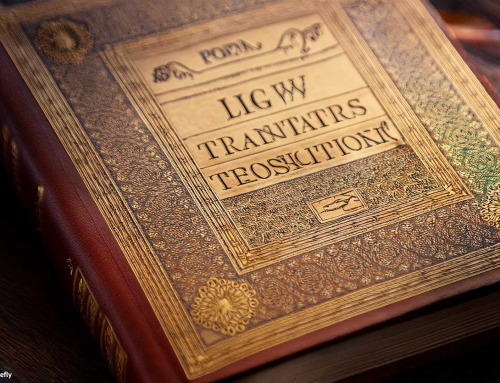Why legal translations should be done by a professional
Why are legal translations important?
Legal translations are essential in the domain of international legal affairs. Contracts, judgements and other legal documents often need to be transmitted between different languages and legal systems. Accuracy and precision are crucial here, because a small translation error can have far-reaching legal consequences. To avoid this, expertise is needed in both legal language and the respective legal systems.
What is meant by legal translations?
The term legal translation refers to the translation of legal texts from one language into another. Unlike general translations, legal translations require not only excellent language skills but also a thorough understanding of legal concepts and structures in both languages. Legal documents often feature specialist terminology and complex phrases as well as the legal framework of the different countries that have to be observed in a legal translation.
Take a sales and purchase agreement as an example – A legal translator not only has to make sure that the contractual clauses are transferred in a linguistically correct manner but also has to find congruous terms for any legal constructs that do not exist as such in the legal system of the target country in the target language. Incorrect or misleading translations may have severe consequences and can result in legal disputes.
The legal translator’s role.
Precision and expertise for legally watertight translations
A legal translator not only has to be proficient in the target language and its legal terminology, but also has to understand the legal system in which the text is embedded. By way of example, the translator must be able to categorise whether a text originates from Anglo-American common law or continental civil law. Both systems differ greatly in their terminology and structure, which must be taken into account in the translation.
A qualified legal translator therefore not only completed extensive linguistic studies, but often also underwent further legal training or gathered relevant experience in the field of legal terminology and is authorised to issue certified translations that are recognized by courts and authorities.
Types of legal texts that need to be translated
Specialised legal translations cover a wide range of documents used in legal and business contexts. These include:
- Contracts and agreements (Employment contracts, purchase agreements, rental agreements)
- Judgments and court orders
- Notarial acts and deeds
- General Terms and Conditions
- Lizence agreements
In a globalised world, international legal transactions often require such documents to be available in more than one language. A company for instance setting up a place of business abroad will need to have the appurtenant contracts in both the language of the target country and the language of the company’s registered office. Accurate legal translations are therefore crucial to avoid misunderstandings or legal disadvantages.
Risks associated with inaccurate legal translations
A minor misconception in the translation of a legal text may have major legal and financial consequences. Thus, a mistranslated term of a contract may cause one contractual party to have an incorrect understanding of its contractual obligations. In the worst case scenario this may lead a breach of contract and, in the further course, consequences ranging from expensive legal proceedings to long-term business damage.
Automated translation tools such as Google Translate are not an option for specialised legal translations as they do not recognise the subtle nuances of legal terminology. Only an experienced legal translator can ensure that the legal terminology is used correctly and in the appropriate legal context.
How do I find the right legal translator?
When choosing a translator for legal texts, a few important criteria should be taken into account:
- Experience: The translator should have extensive experience in translating legal texts.
- Judicial Authorization: A sworn translator is authorized to produce certified translations that are recognized by authorities and courts.
- Specialist knowledge: Specialization in specific areas of law (e.g., labor law, contract law) is essential.
Qualified legal translators have in-depth specialist knowledge and works with particular care. They are familiar with the requirements of both legal systems and know how to translate legal texts accurately and in accordance with the degree of legal validity.
Bottom-line:
Legal translations are of central importance for legal compliance in international business relations and legal disputes. They require comprehensive specialist knowledge and precision in order to avoid misunderstandings and legal errors. Choosing an experienced and qualified translator is crucial to ensure that all legal documents are translated correctly and in a legally compliant manner.




